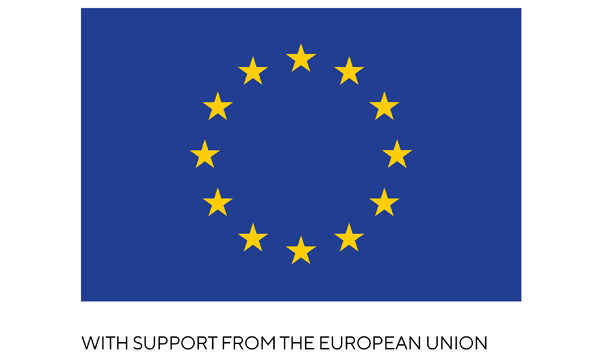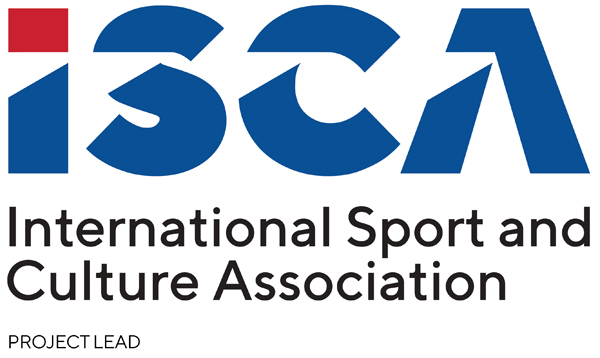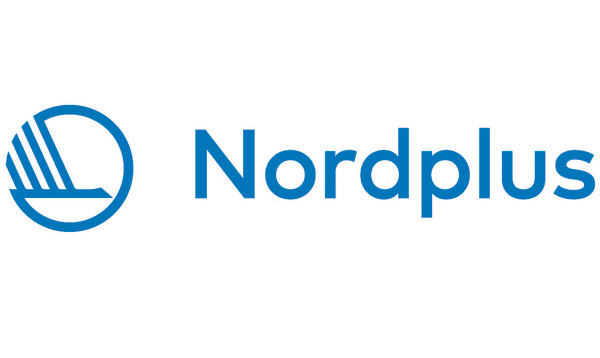Integration of Refugees through Sport
Networking Platform
The world is experiencing its highest levels of forced displacement on record, with more than 70 million people today having had to flee their homes. Large numbers of refugees and asylum seekers face exclusion, lack of livelihood opportunities and grave risks to their mental and physical health. Civil society has a role to play in addressing this. Sport and physical activity can be a powerful tool for inclusion, relief, health promotion and human connection.
It is time to take the next steps to scale tested solutions from the sport and physical activity sector to the benefit of both refugees and society! Thanks to support from the European Union, ISCA is uniting these solutions right here on the Integration of Refugees Through Sport (IRTS) Networking Platform. The platform aims to realise our strength in numbers by offering in-person and online opportunities to meet, learn, gain recognition for our initiatives, and connect with high profile humanitarian organisations. If you have an interest in this field, we invite you to be part of it!
Discover more

Integration of Refugees through Sport Networking Platform
The first international knowledge hub and networking platform for integration of refugees through sport
“BE POSITIVE, BE STRONG” -
inspiring advice from refugees on integration through sport
Updates















